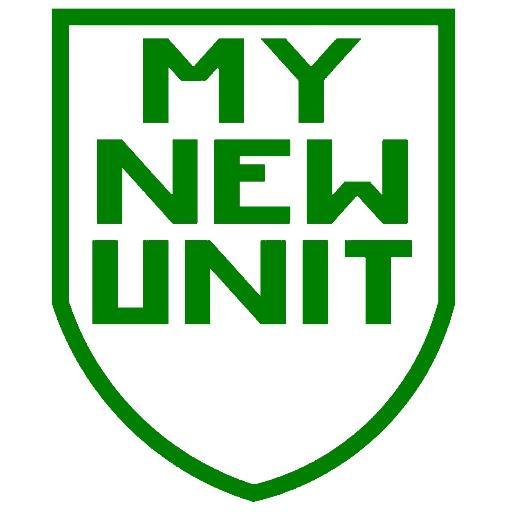Post by sammcb on Jul 29, 2019 22:53:33 GMT -8
Hey guys I’m hoping someone can help me formulate a response about how to apply Extreme Ownership when it comes to patient care.
Context:
Recently a close paramedic friend of mine got hired on with the local fire department. She’s a relatively new medic (3yrs or so). For her academy graduation I gave her a copy of Extreme Ownership. Last week she ran a challenging call and the patient ended up going into cardiac arrest on her while waiting for the understaffed private EMS company to arrive with an ambulance. They end up getting pulses back after a few rounds of CPR and the patient was transported to the hospital. Fast forward to today and I recognize some red flags that she’s needing to debrief the call. So I head over to meet with her and talk through it. While on my way, I reach out to the hospital’s EMS liaison and learn that the patient was actually discovered to be suicidal overdose attempt and probably would not survive. While listening to my friend describe the call and the treatment she rendered, I can say for certain that she did nothing wrong and followed the established protocols. However hindsight being 20/20, there is a very small possibility (according to some studies) that the medication the FD carries to treat vomiting could have a negative interaction with the drug later discovered to be in the patient’s bloodstream.
During our conversation she told me she feels she made a mistake giving that medication and that she should have known better. She said she is taking Extreme Ownership and its on her that she didn’t recognize the patient had overdosed on prescription pills. Now I don’t necessarily disagree in principle that healthcare providers should be held accountable for failing to accurately diagnose and treat their patients, however I don’t think it’s reasonable to send a person through a 12 month paramedic course, pay them $14/hr, and expect the same knowledge base you would get from an ER physician.
How can I explain Extreme Ownership to her in a way that promotes growth rather than a justification for her to be overly self-critical of her performance?
Supplement:
I reread this and realized that to a non-medical person the scenario might be confusing. So for some perspective this was one of those one-off outliers, that two or three out of a hundred medics might see in their career. It’s not at all something that happens with any regularity or discussed in EMS protocols. Paramedics tend to come out of school with a rough knowledge base and are expected to advance through continuing education requirements and experiences learned on the street by doing the work.
Context:
Recently a close paramedic friend of mine got hired on with the local fire department. She’s a relatively new medic (3yrs or so). For her academy graduation I gave her a copy of Extreme Ownership. Last week she ran a challenging call and the patient ended up going into cardiac arrest on her while waiting for the understaffed private EMS company to arrive with an ambulance. They end up getting pulses back after a few rounds of CPR and the patient was transported to the hospital. Fast forward to today and I recognize some red flags that she’s needing to debrief the call. So I head over to meet with her and talk through it. While on my way, I reach out to the hospital’s EMS liaison and learn that the patient was actually discovered to be suicidal overdose attempt and probably would not survive. While listening to my friend describe the call and the treatment she rendered, I can say for certain that she did nothing wrong and followed the established protocols. However hindsight being 20/20, there is a very small possibility (according to some studies) that the medication the FD carries to treat vomiting could have a negative interaction with the drug later discovered to be in the patient’s bloodstream.
During our conversation she told me she feels she made a mistake giving that medication and that she should have known better. She said she is taking Extreme Ownership and its on her that she didn’t recognize the patient had overdosed on prescription pills. Now I don’t necessarily disagree in principle that healthcare providers should be held accountable for failing to accurately diagnose and treat their patients, however I don’t think it’s reasonable to send a person through a 12 month paramedic course, pay them $14/hr, and expect the same knowledge base you would get from an ER physician.
How can I explain Extreme Ownership to her in a way that promotes growth rather than a justification for her to be overly self-critical of her performance?
Supplement:
I reread this and realized that to a non-medical person the scenario might be confusing. So for some perspective this was one of those one-off outliers, that two or three out of a hundred medics might see in their career. It’s not at all something that happens with any regularity or discussed in EMS protocols. Paramedics tend to come out of school with a rough knowledge base and are expected to advance through continuing education requirements and experiences learned on the street by doing the work.



